Cryonics Institute www.cryonics.org
Like.

Cryonics Institute www.cryonics.org
Like.

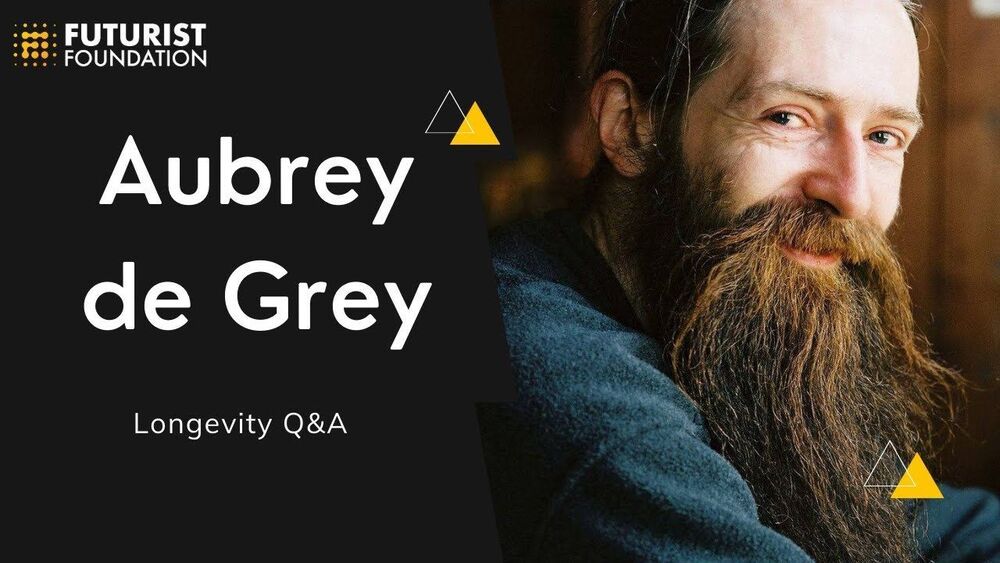
Annotated!
Aubrey David Nicholas Jasper de Grey is an English author and biomedical gerontologist. He is the Chief Science Officer of the SENS Research Foundation and VP of New Technology Discovery at AgeX Therapeutics.
Feel free to ask any related questions that you want Aubrey to try and answer!
Futurist Foundation is a non-profit organization with the goal to connect futurists and promote crowd-sourced projects in science, technology, engineering, mathematics & design.
Donate to Futurist Foundation — https://opencollective.com/future.
Donate to SENS — https://www.sens.org/get-involved/donate/
Discord: https://discord.gg/u3JM2cu.
Website: http://thefuturistfoundation.com.
Our Other Links: https://linktr.ee/futuristfoundation.
0:00 Introduction.
2:30 Aubreys last 25 years & Starting at SENS
14:35 SENS in 2020
21:27 Will there be a cut off age when its too late to repair aging?
24:36 Elasticity & Glycation.
30:13 As a medical student how can I get involved in longevity research?
33:07 SENS projects Underdog & Oisin.
38:51 mRNA Gene Therapy.
42:10 Effect of Aging on the Neural System.
49:41 Aubreys thoughts on Hyberbaric Oxygen Therapy.
51:21 SENS experience with regulators.
53:42 How do we make life extension treatments affordable?
58:28 Longevity Escape Velocity & Aubreys Timeline.
1:02:57 Is cryonics the backup plan?
1:08:28 Donate to SENS & Futurist Foundation.
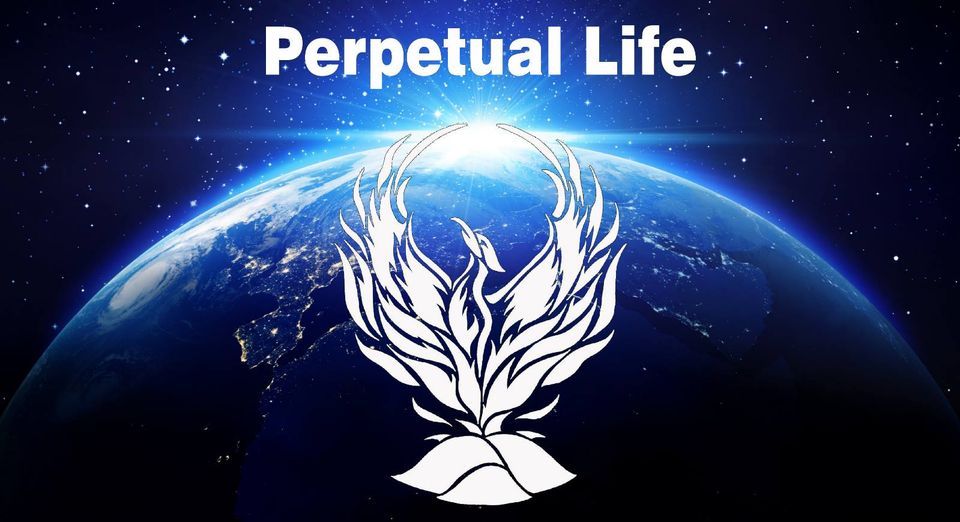
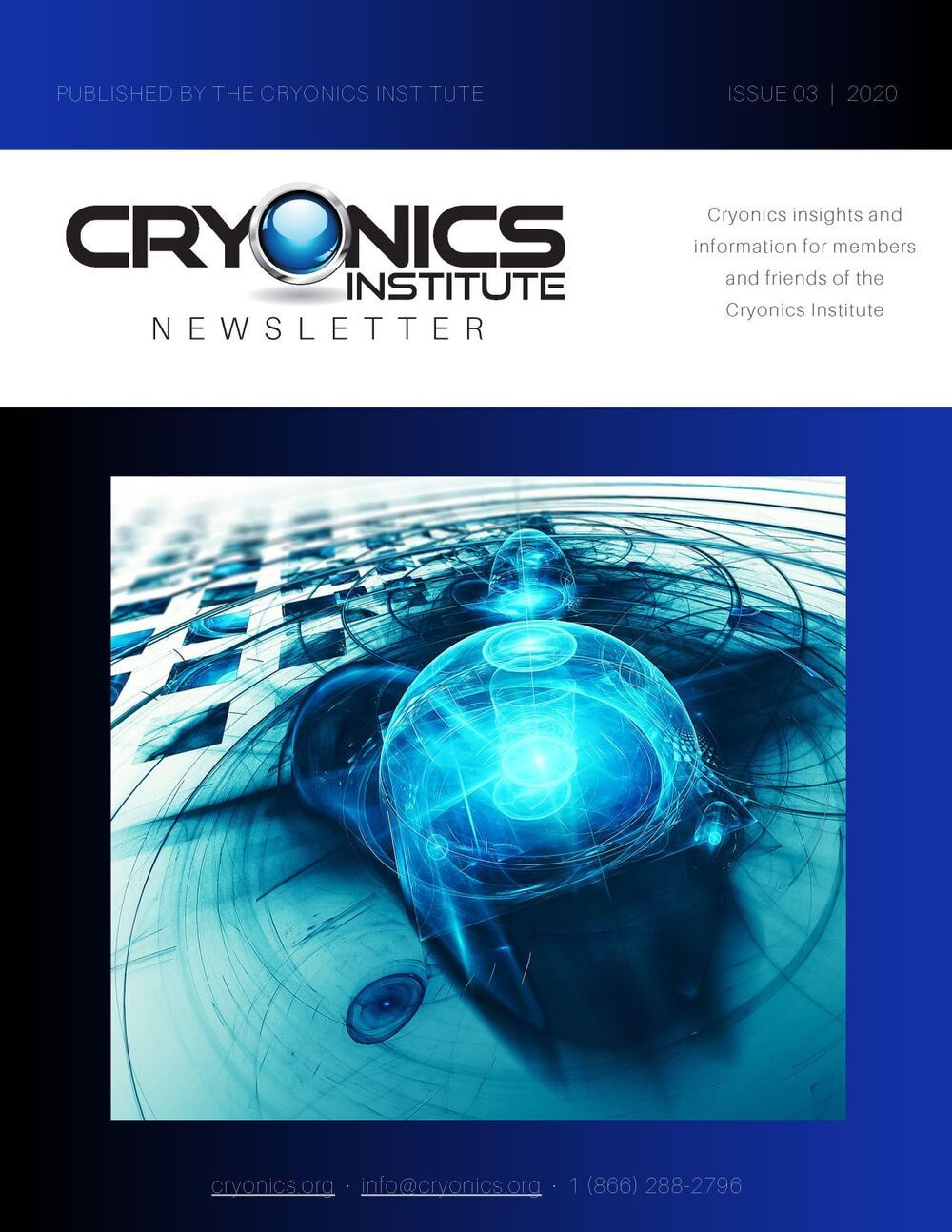
THE CRYONICS INSTITUTE NEWSLETTER ISSUE 03, 2020 https://www.cryonics.org/images/uploads/magazines/CI_NEWS_2020-03.pdf
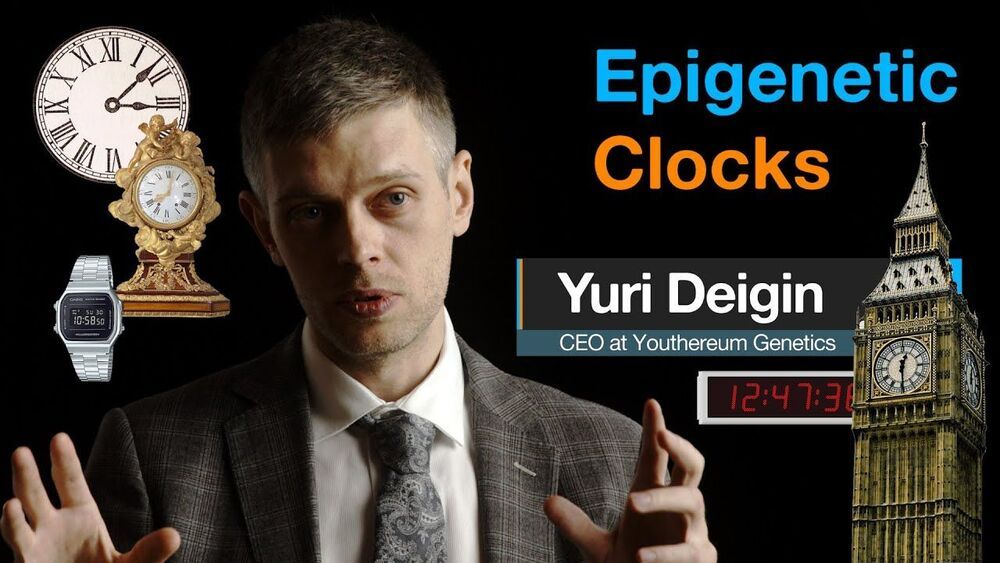
Andres de Tenyi.
Yuri Deigin, MBA is a serial biotech entrepreneur, longevity research evangelist and activist, and a cryonics advocate. He is an expert in drug development and venture investments in biotechnology and pharmaceuticals. He is the CEO at Youthereum Genetics and the Vice President at Science for Life Extension Research Support Foundation.
http://youthereum.ca/
Yuri has a track record of not only raising over $20 million for his previous ventures but also initiating and overseeing 4 clinical trials and several preclinical studies, including studies in transgenic mice.
At Youthereum Genetics, Yuri is currently leading a project dedicated to developing an epigenetic rejuvenation gene therapy, as intermittent epigenetic partial reprogramming demonstrated great experimental results in mice: it extended their lifespan by up to 50%.
His life goal is to do everything possible to minimize human suffering from various diseases, especially terminal age-related diseases such as cancer, Alzheimer’s, and cardiovascular disease and to help humanity eradicate them. As an activist, blogger, and speaker, he is conveying the magnitude of human suffering these diseases cause, as they take over 100,000 lives each day. As a biotech entrepreneur, Yuri is doing his modest part by putting together projects that could yield such therapies, splitting his time between Toronto and Moscow.
He believes that one day humanity will cure all such diseases, and he wants to do whatever he can to hasten that day.
Since 2013, Yuri also serves as the Vice President of the nonprofit Foundation, Science for Life Extension, whose goal is the popularization of the fight against age-related diseases. To further this cause, Yuri frequently blogs, speaks, writes op-ed pieces, and participates in various TV and radio shows. At the Science for Life Extension Foundation, Yuri is helping the Foundation create and implement social change strategies to create public awareness that aging is a curable disease. He is also working on initiating intergovernmental dialog and public hearings about including aging in WHO’s ICD-11.
Previously, Yuri was the COO and Managing Director at Pharma Bio in Moscow for almost 7 years. From 2015 to 2017, Yuri was the Vice President of Business Development at Manus Pharmaceuticals in Toronto, Canada where he worked on raising funding and forming strategic partnerships to develop breakthrough peptide compounds aimed at preventing Alzheimer’s disease. Before that, he was the VP of Business Development at Peptos Pharma in Moscow.
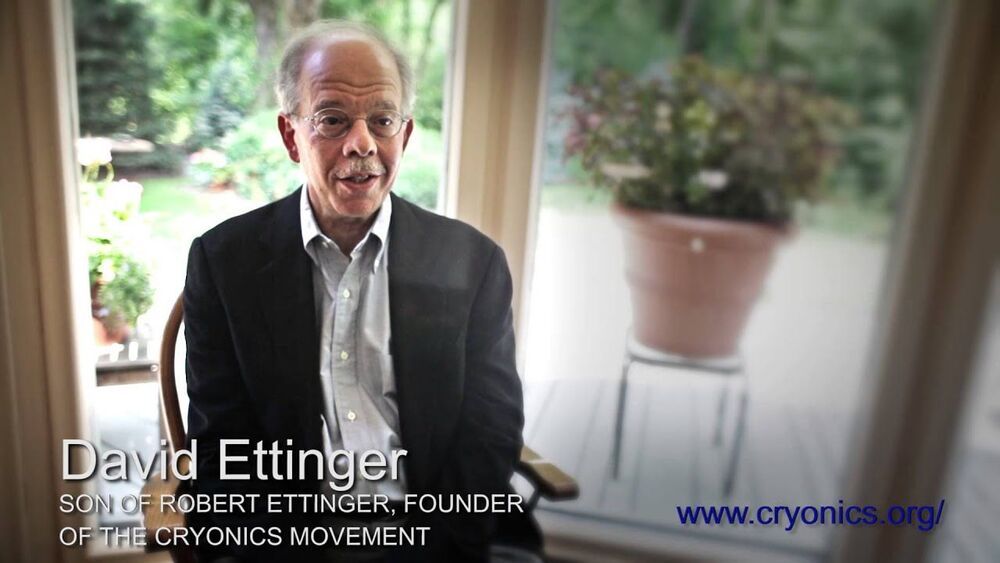
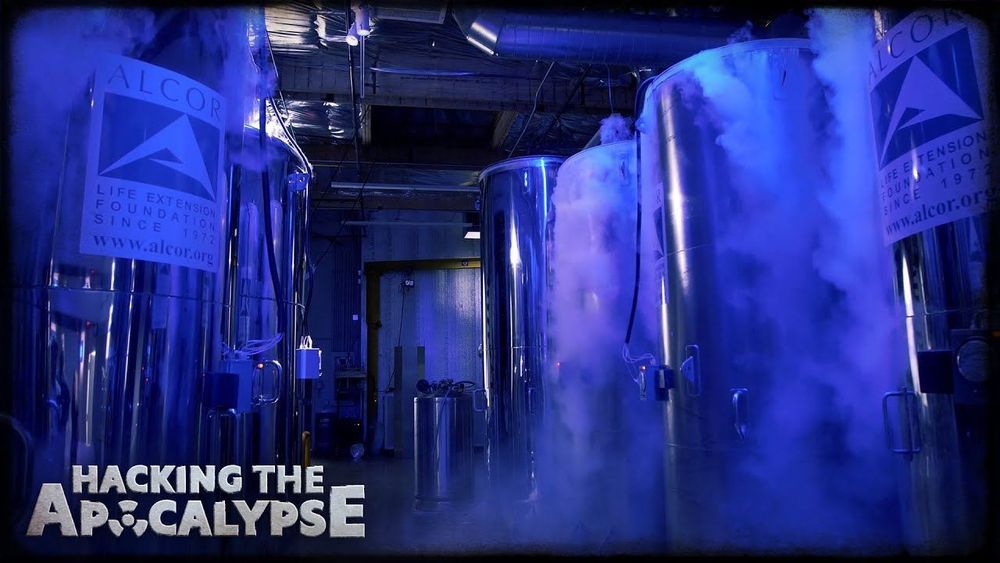
Can sub-zero stasis help humans escape death? In episode five of Hacking the Apocalypse, Claire Reilly goes inside a cryonics facility to investigate the experimental search for a second life.
CNET playlists: https://www.youtube.com/user/CNETTV/playlists
Download the new CNET app: https://cnet.app.link/GWuXq8ExzG
Like us on Facebook: https://www.facebook.com/cnet
Follow us on Twitter: https://www.twitter.com/cnet
Follow us on Instagram: http://bit.ly/2icCYYm
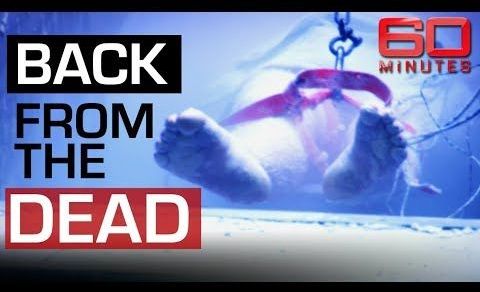
Though its a bit old, and sometimes innacurate or snarky in narration, it’s still the most detailed depiction of the cryonics process — the procedure itself on a real person, the person preserved before dying and her family as they decide to do this, deal with her death, and reflect on it after she’s preserved. It’s quite emotional and sometimes graphic, but well worth watching. Will it work? Maybe. But if you are NOT preserved there is NO chance at all. From your perspective it’d be like waking up right after dying in some distant future without feeling like any time passed at all.
That sounds a hell of a lot more appealing and likely than a bearded man on a fluffy cloud winking at me after I die.
Anita Riskin is one of hundreds of people who believe in cryonics — the process where doctors freeze human bodies. Preserve them, so that some time in the future they can be resuscitated — brought back to life. Now, as Anita Riskin sets out on her amazing journey, for the first time, you’ll see how it’s actually done — at times, quite graphically.
For forty years, 60 Minutes have been telling Australians the world’s greatest stories. Tales that changed history, our nation and our lives. Reporters Liz Hayes, Allison Langdon, Tara Brown, Charles Wooley, Liam Bartlett and Tom Steinfort look past the headlines because there is always a bigger picture. Sundays are for 60 Minutes.
WATCH more of 60 Minutes Australia: https://www.60minutes.com.au
LIKE 60 Minutes Australia on Facebook: https://www.facebook.com/60Minutes9
FOLLOW 60 Minutes Australia on Twitter: https://twitter.com/60Mins
FOLLOW 60 Minutes Australia on Instagram: https://www.instagram.com/60minutes9

Alexey Turchin and Maxim Chernyakov, researchers belonging to the transhumanism movement, wrote a paper outlining the main ways technology might someday make resurrection possible.
From cryonics to time travel, here are some of the (highly speculative) methods that might someday be used to bring people back to life.